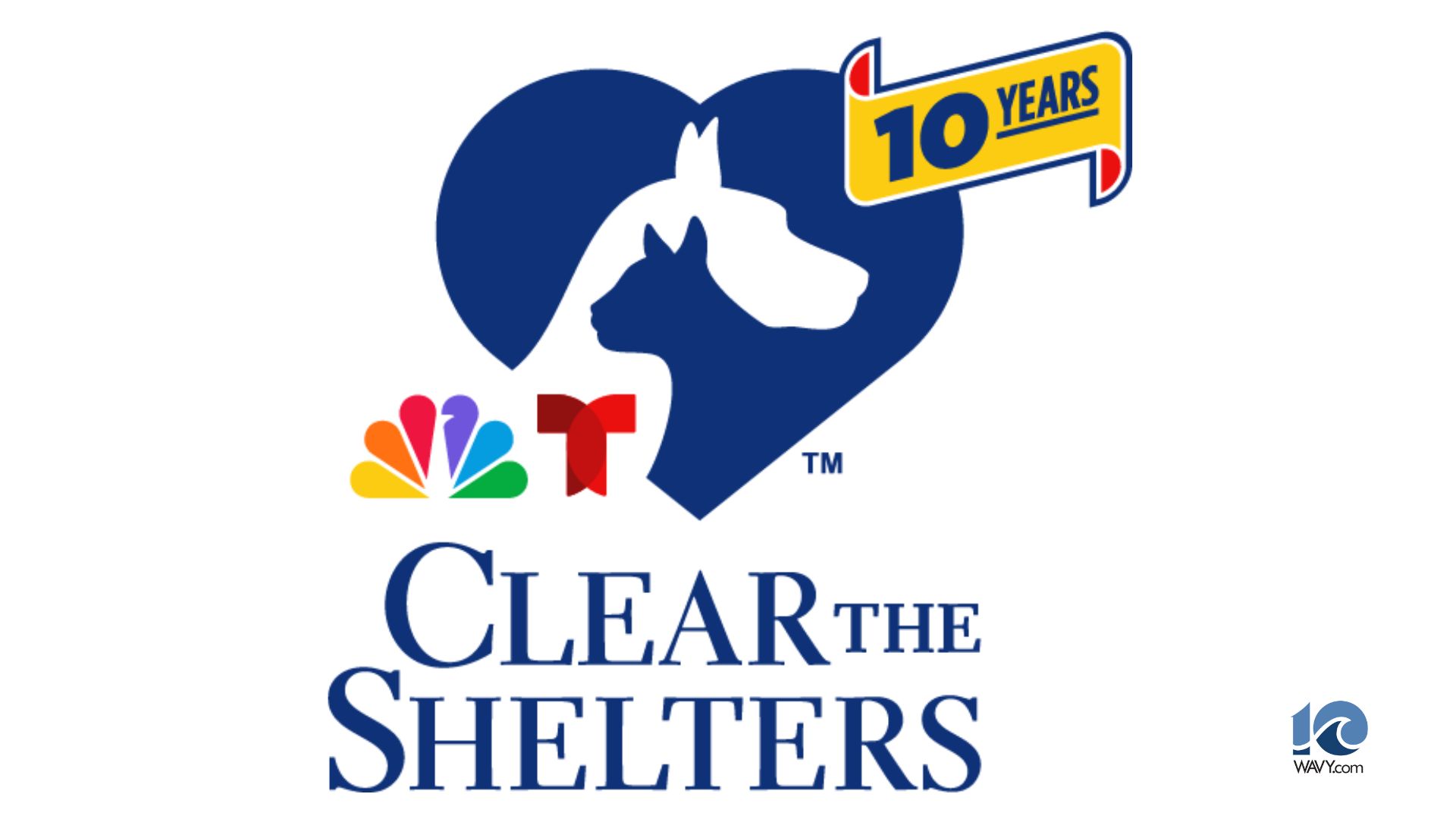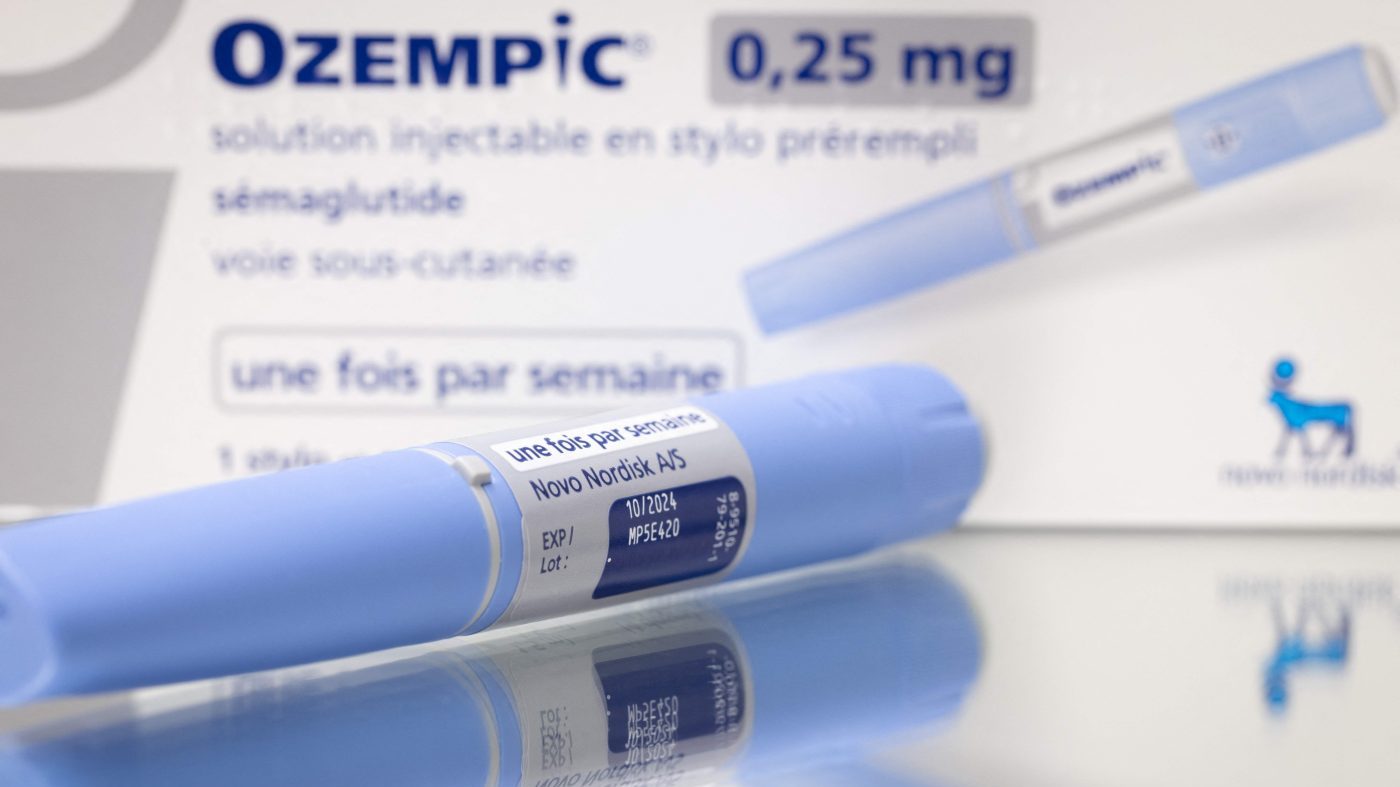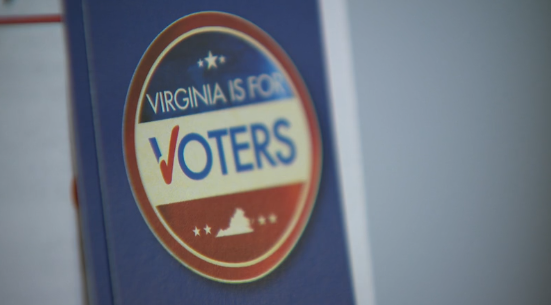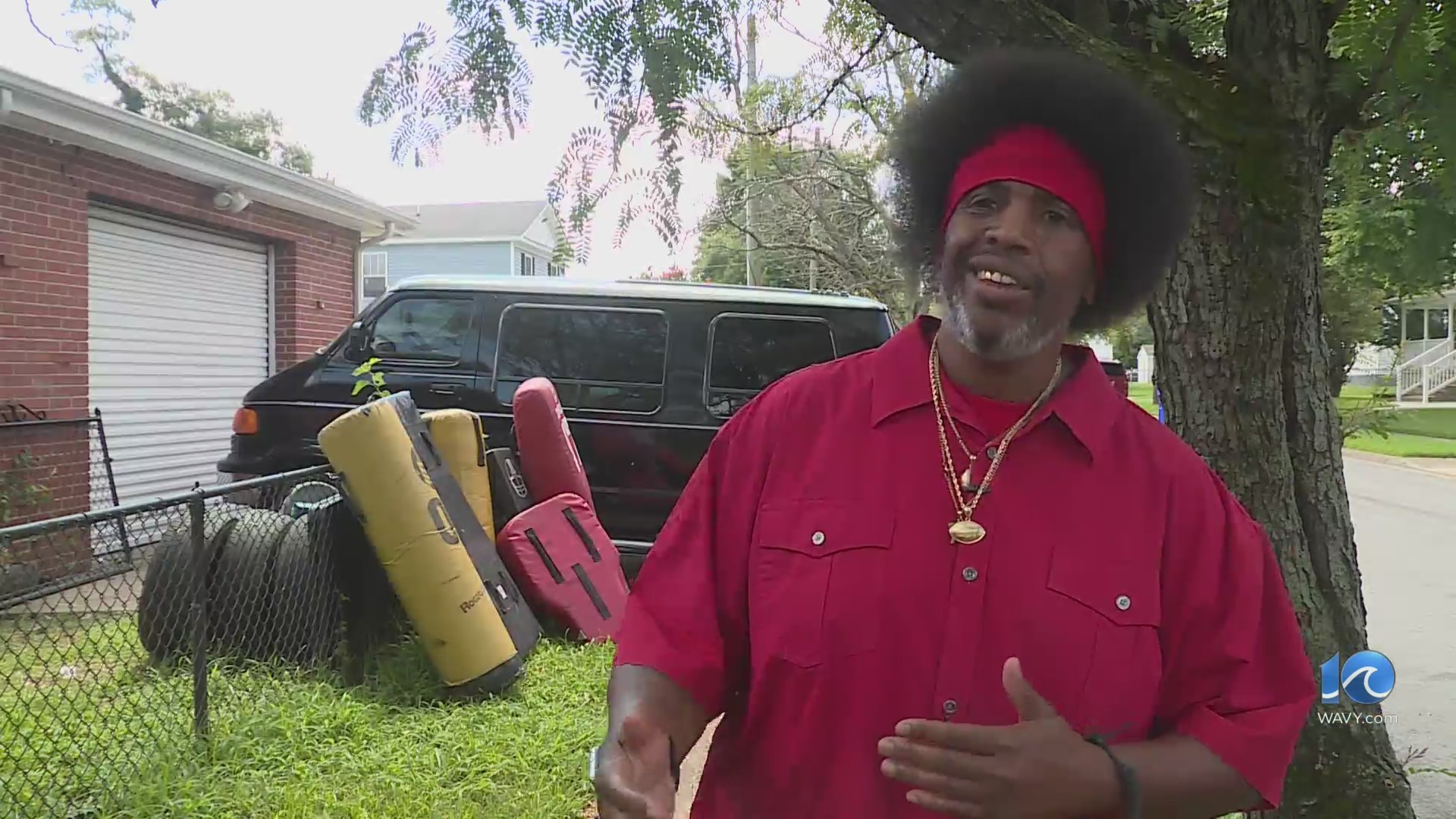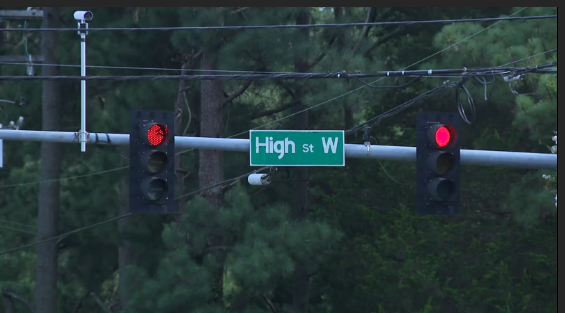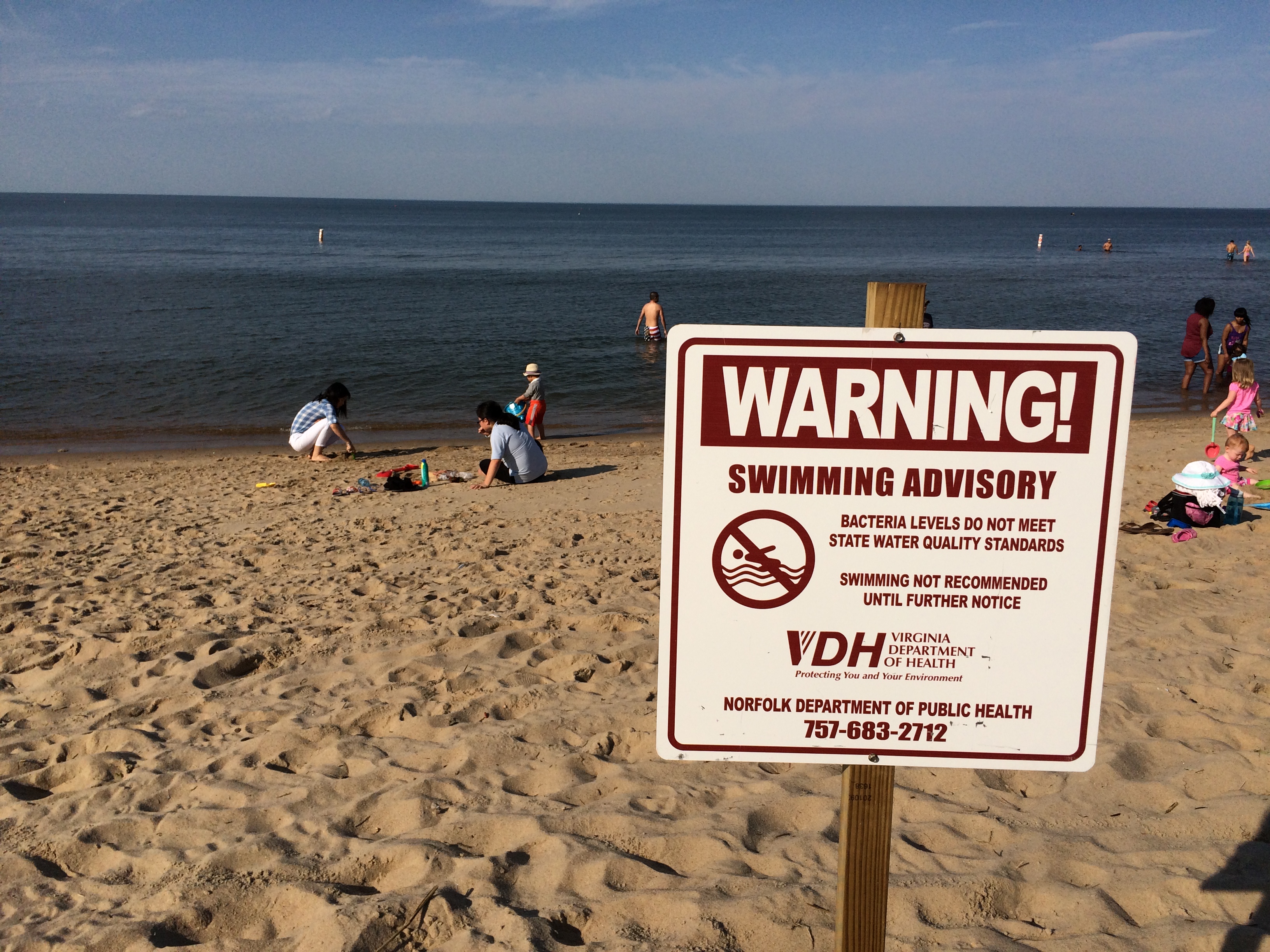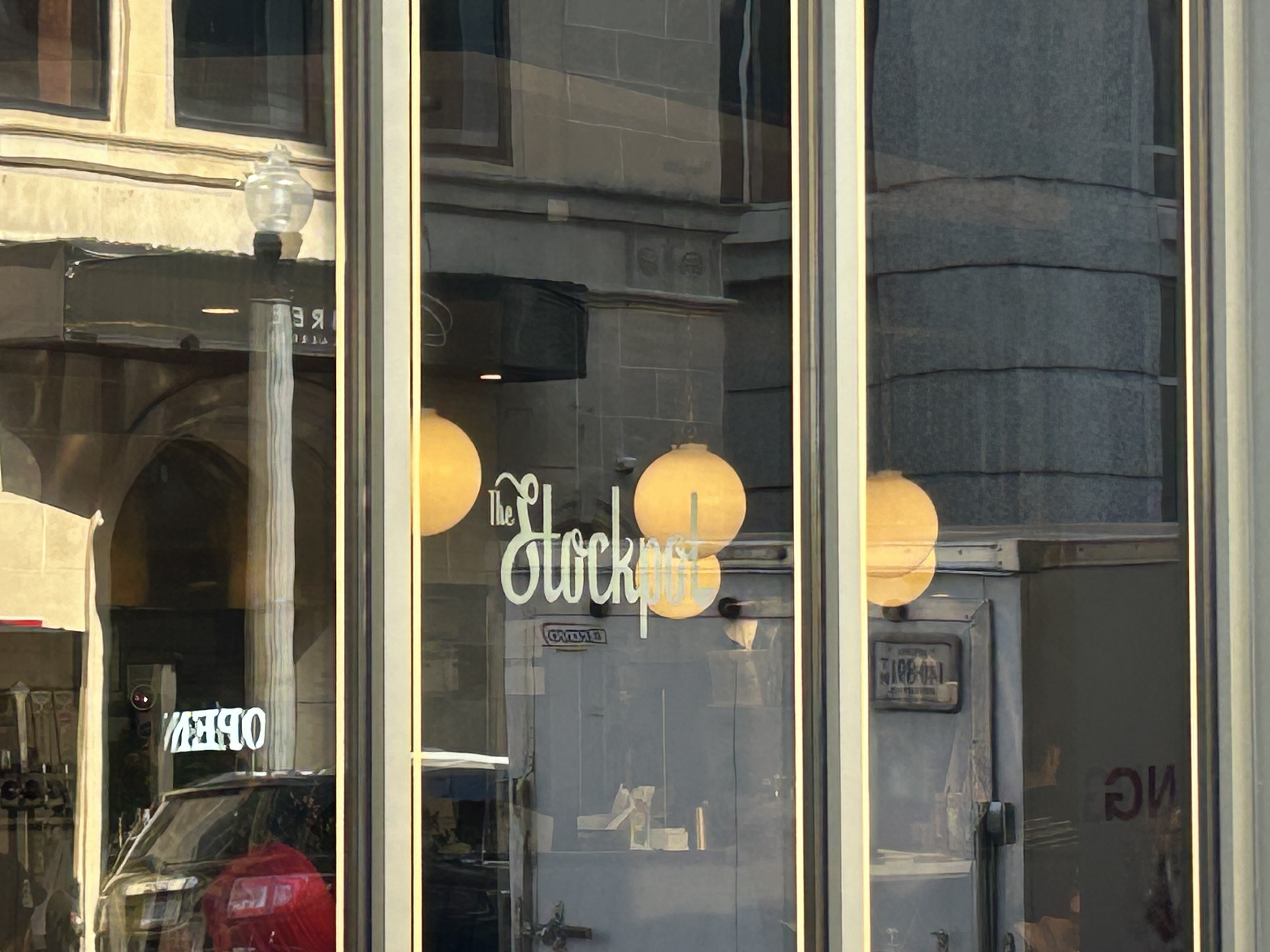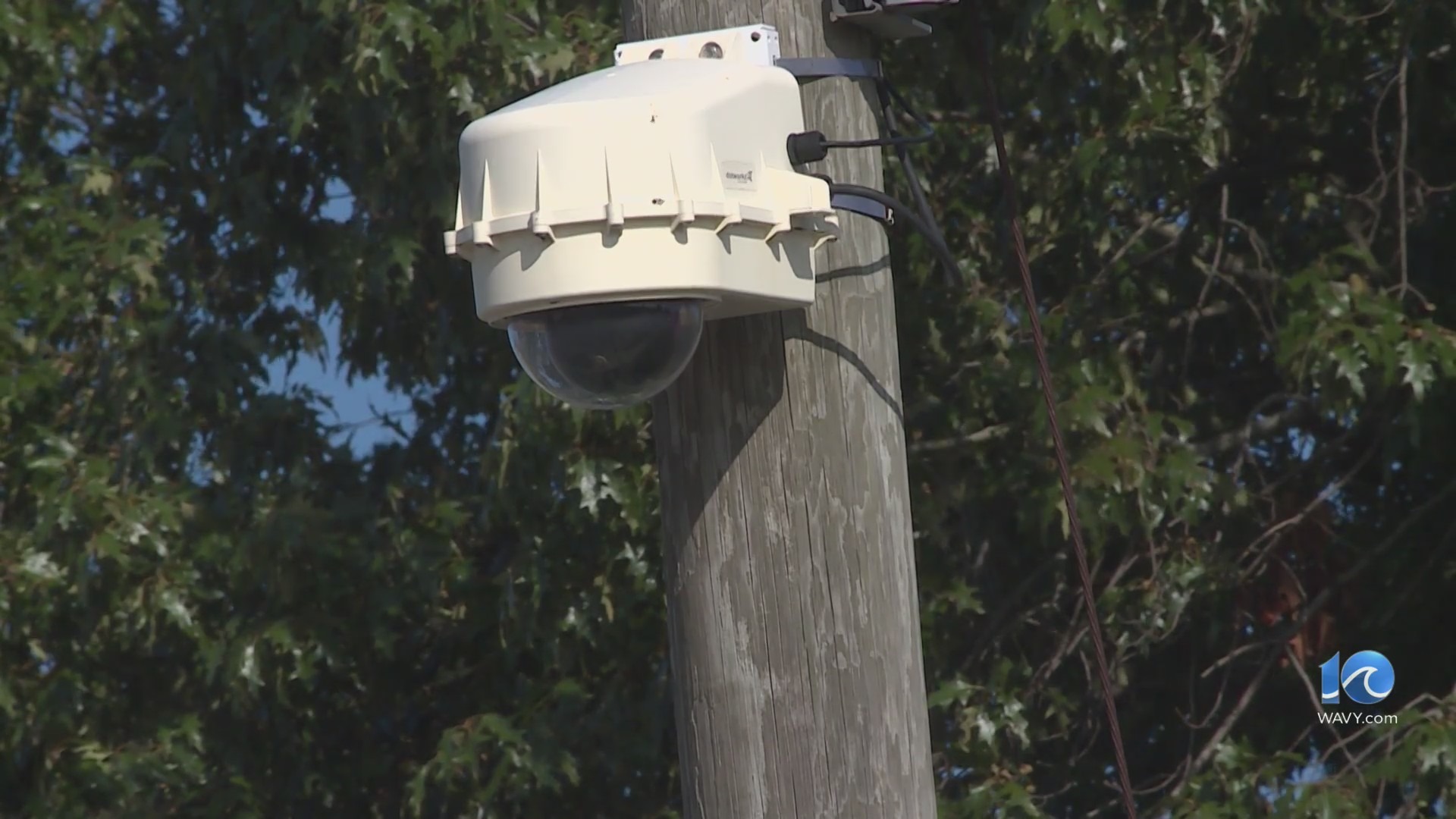Watch the Digital Desk segment with Associate Professor Myles McNutt in the video player.
NORFOLK, Va. (WAVY) – Recently, the U.S. Surgeon General Dr. Vivek Murthy said he would push for warning labels to be placed on social media platforms.
Murthy’s opinion piece, published in The New York Times, said he has called on Congress for these warnings.
Myles McNutt, Associate Professor of Communication and Theatre Arts at Old Dominion University, will discuss the latest developments at the Digital Desk. Watch the conversation in the video player on this page.
Similar to warning labels on tobacco and alcohol products, warning labels on social media would advise parents that using such platforms might damage youth’s health.
In 2023, the U.S. Surgeon General published an advisory about Social Media and Youth Mental Health.
According to the U.S. Department of Health and Human Services, “It states that we cannot conclude social media is sufficiently safe for children and adolescents and outlines immediate steps we can take to mitigate the risk of harm to children and adolescents.”
While studies show social media use can be dangerous for children’s mental health, some experts acknowledge the free speech argument present.
McNutt spoke to WAVY about the complexities of social media risks and rewards.
“When I talk about social media with my students and we engage with issues, one of the central challenges is our understanding as a society that these can be incredibly dangerous places for peoples mental health particularly for young people,” said McNutt.
Social media platforms and companies, says McNutt, often do not take full responsibility for that impact.
“There goal is to increase engagement and revenue, these are for profit companies that are not trying to operate in our best interest,” said McNutt.
While it is not disputed that there are downsides to social media and towards users’ mental health, there has been questioning and division amongst experts to what is the solution.
“Whether or not this is the best approach for confronting that I think is more where media scholars broadly responded to that,” McNutt said.
McNutt says there are too many differences in social media platforms to make the same conclusions across the board like those of alcohol and tobacco.
“We cannot make the argument that social media is bad for us in the way that alcohol and tobacco are,” McNutt said.
For those products, there are clear, measurable health impacts. In this case, warning labels are used to make people aware of what could happen. For example, here’s a look at the Cigarette Labeling and Health Warning Requirements from the U.S. Food and Drug Administration (FDA).
While studies back up claims about the downsides to social media. With social media in general, there is no agreement amongst all parties on the exact science or effects of it.
“If you were going to try and create a warning label to help someone navigate social media and understand the consequences that warning label would be like the entire body of a media literacy class that I would teach,” McNutt said.
McNutt said it would be difficult to sum up the warning for social media platforms, because it is more complicated than saying “usage could be bad for mental health”. Some of the impact depends on choices made by the user and the platform.
There is another side to the argument. What if you see social media as a positive tool for mental health? It can connect people across the world, show users uplifting videos and teach new skills.
Another concern, McNutt worries warning labels would take the responsibility off of the platforms to protect the users.
While discussions surrounding social media and the impact on children remains ongoing, McNutt offers advice to social media users.
“If a social media app is not bringing you joy, or it’s giving you some sort of opportunity, get off of it,” said McNutt.
Listen to the full Digital Desk segment in the video player on this page to find out more from McNutt.


































